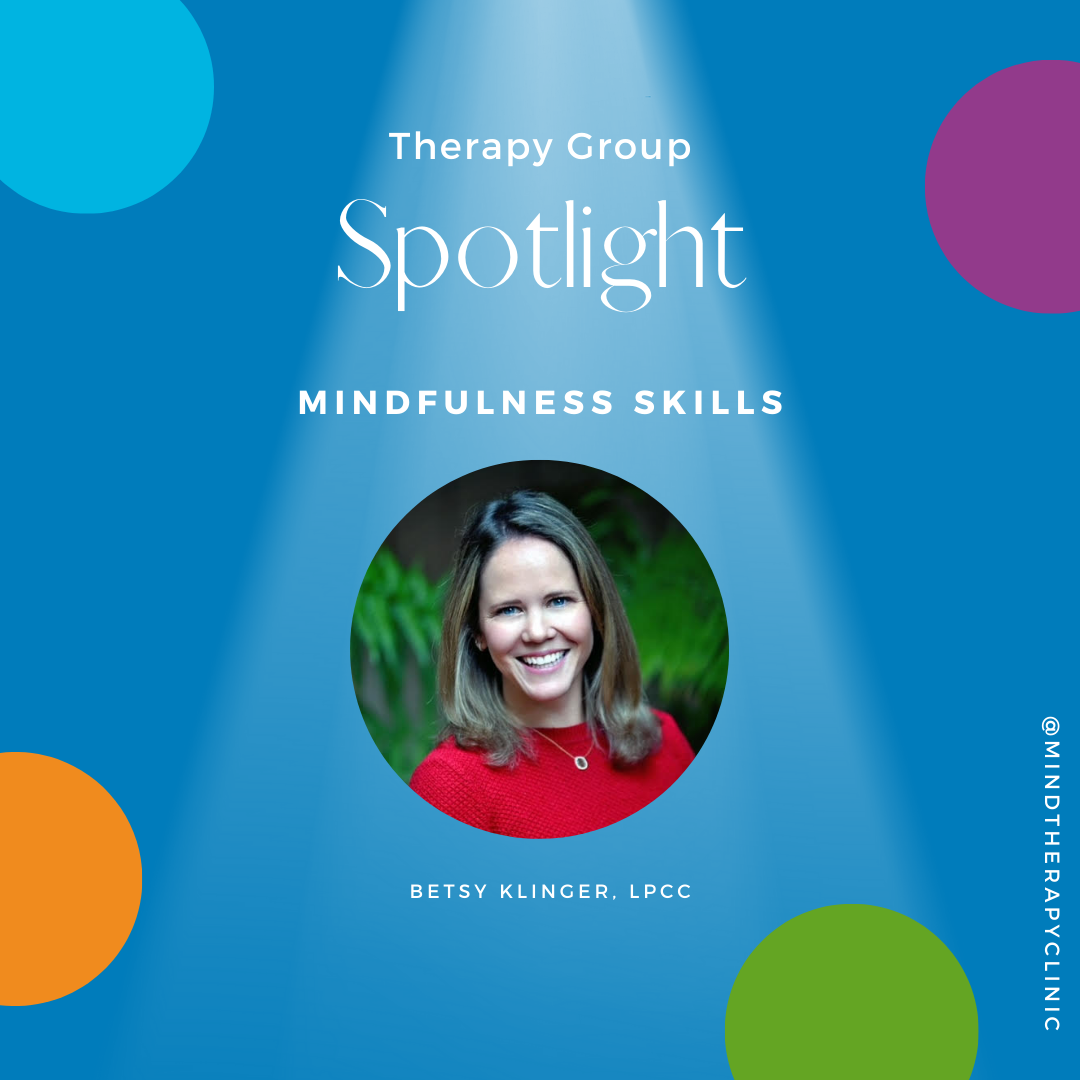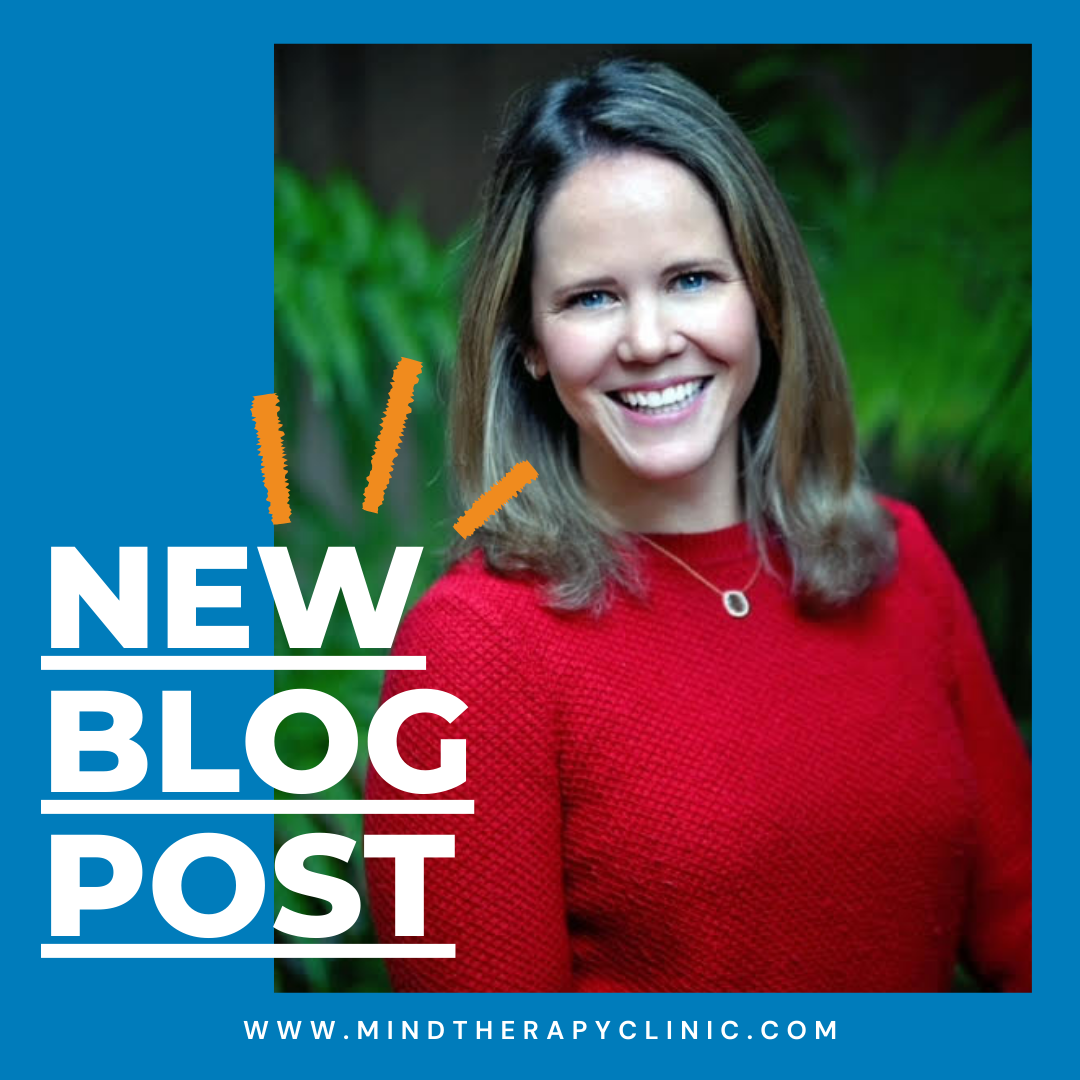In today’s fast-paced world, it is easy to feel overwhelmed by stress, emotional pain, and reactivity. Our DBT Mindfulness Skills Group offers a structured, evidence-based approach to help you slow down, tune in, and respond more skillfully to life’s challenges.
What Is DBT Mindfulness?
Dialectical Behavior Therapy (DBT) is a research-backed therapeutic model that combines acceptance and change strategies to help individuals manage intense emotions, improve relationships, and reduce suffering. Mindfulness is the foundational skill in DBT, teaching you to stay present, observe your internal experiences without judgment, and act with awareness.
In this group, we focus on the core mindfulness skills:
- Observe: Notice your thoughts, emotions, and sensations without trying to change them.
- Describe: Put words to your experiences to gain clarity and insight.
- Participate: Fully engage in the present moment with openness and curiosity.
- Non-judgmentally: Let go of evaluations and accept experiences as they are.
- One-mindfully: Focus on one thing at a time to enhance effectiveness.
- Effectively: Do what works, aligning actions with your goals and values.
Who Should Join?
This group is designed for adults who struggle with emotional regulation, anxiety, or mood swings; feel overwhelmed by stress or interpersonal conflicts; or simply seek to develop greater self-awareness and resilience. No prior mindfulness experience is necessary—just a willingness to learn and grow within a supportive community.
What to Expect
Each weekly session includes a guided mindfulness practice to help center and ground participants, followed by teaching of specific DBT mindfulness skills. Group discussions offer a space to explore personal experiences and insights, while practical exercises encourage applying new skills in daily life.
Benefits of Joining
Participants often report:
- Increased emotional awareness and regulation.
- Reduced impulsivity and reactivity.
- Enhanced ability to cope with stress and distress.
- Improved relationships through better communication and presence.
- More frequent experiences of connectedness to others and self
About the Facilitator
Betsy Klinger, a Licensed Professional Clinical Counselor and Clinical Supervisor at E Street House, leads the DBT Mindfulness Skills Group. She brings extensive experience providing individual, group, and family therapy for adolescents and adults.
Betsy holds degrees from Saint Joseph’s University and the University of Denver, and has worked in residential treatment centers, private practice, and outpatient clinics. She specializes in treating PTSD, anxiety, depression, personality disorders, and life transitions, integrating Psychodynamic Theory, Cognitive Behavioral Therapy (CBT), and Dialectical Behavior Therapy (DBT) into her approach. Her passion lies in empowering clients with practical tools to enhance emotional regulation and overall well-being.
Call us at (415) 945-9870 or leave us a message through our contact form to learn more.




